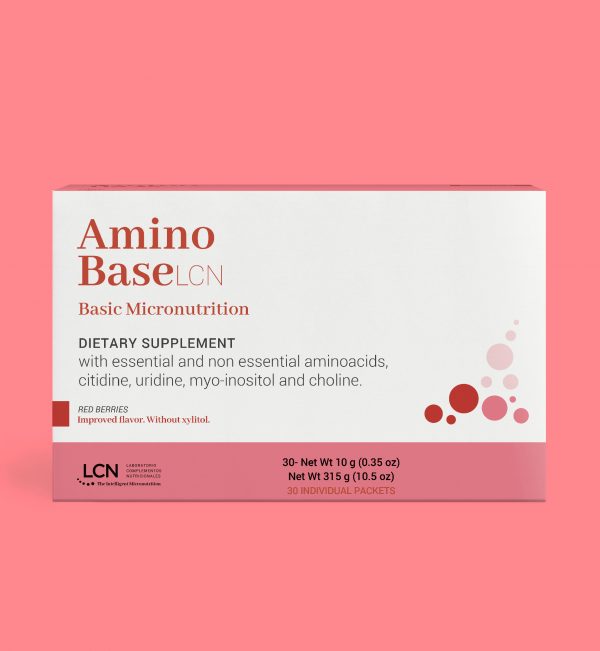Vitamin D
What is it?
Vitamin D is an essential micronutrient, although it can be synthesized endogenously, and also a basic micronutrient
Vitamin D contributes to the following:
- Normal absorption and utilization of calcium and phosphorous.
- Maintaining normal calcium levels in the blood.
- Maintaining bones in normal condition.
- Normal functioning of the muscles.
- Maintaining teeth in normal condition.
- Normal functioning of the immune system.
- The cell division process.
- Vitamin D acts as part of a “team” with the following minerals: calcium, magnesium, phosphorous, potassium, and sodium.
- Vitamin D deficiency is very common in the population.
- The long-term dose of vitamin D should not exceed 100 µg.
Vitamin D supplementation
The term “vitamin D” refers to two vitamers:
- Cholecalciferol (vitamin D3) which is synthesized in the skin through the action of ultraviolet solar radiation on 7-dehydrocholesterol (provitamin D3).
- Ergocalciferol (vitamin D2) which is formed through solar irradiation of plant-based ergosterol (provitamin D2).
Vitamin D3 is the most bioavailable form and the one that keeps plasma levels high for the longest time.
- Vitamin D has an excellent safety profile, with no side effects, in the recommended forms and doses.
Foods with vitamin D
Vitamin D is found in very few foods. Natural sources include (Anonymous 2004): fish liver oils (cod, for example), oily fish (cooked and especially canned), whole eggs, livers of land mammals, etc.
Vitamin D is found in very few foods:
- Oily fish species.
- Margarine.
- Whole eggs and egg yolks.
- Liver.









